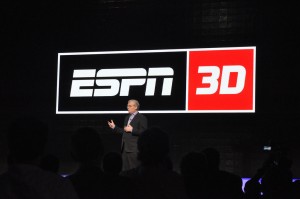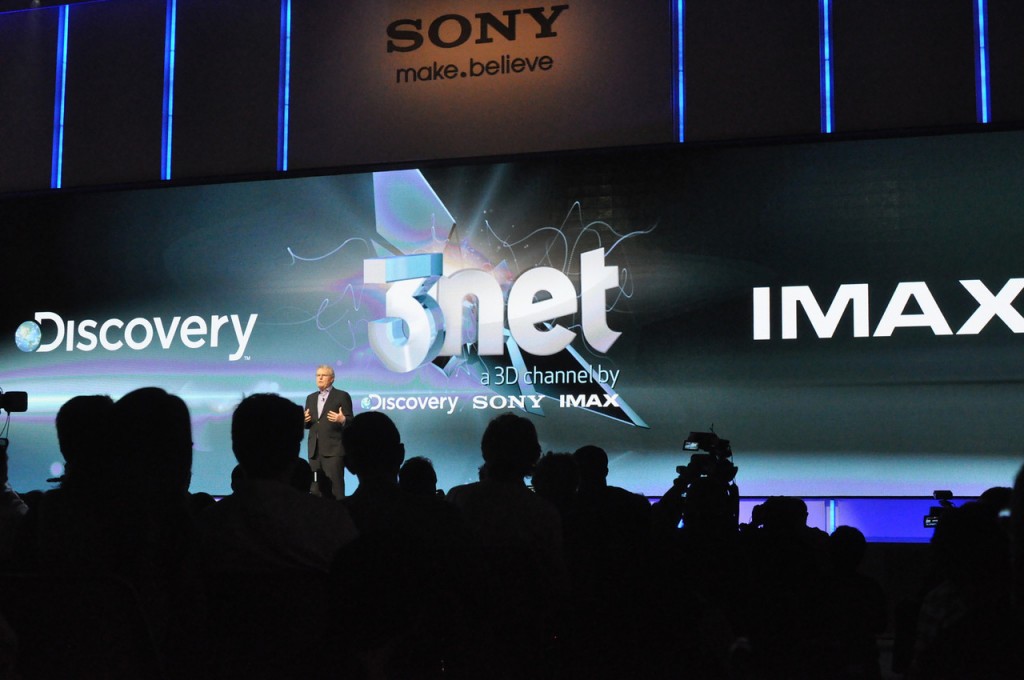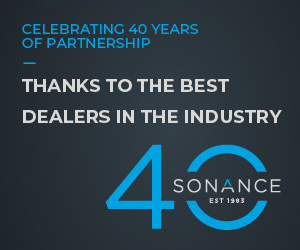
Several years ago, while driving home from my job at a leading industry electronics manufacturer, I was – as usual – listening to my favorite New York Metro-area network news radio station. Since the commute took an hour or more (depending on New Jersey traffic), I got to listen to a lot of news. Sometimes, I was only half listening, as traffic concerns – or boredom – draws my attention away from the news.
But I snapped to rapt attention that day when I heard one of the show’s co-anchors promote an upcoming segment (“after the break”) on the latest technology news. Little did I realize that I was about to have my sensibilities shocked – not by the news – but by the anchors’ reaction to their own story.
What occurred that day is a cautionary tale for our industry – one that is being repeated again…
With a 30+-year career in the consumer electronics industry, I’ve seen – and been a part of – many product/technology launches. Like many in consumer electronics, nothing is more exciting than to be part of an industry that creates the “next big thing” and then launches it to a gadget-crazed consumer market.
But I began to detect a subtle but clear change in consumer attitudes towards the tech industry as time passed by. Certainly, Compact Disc was a huge success. Many dealers (including the one I worked at) had waiting lists – and even cash deposits – of consumers who were not only happy, but eager, to spend the $1,000+ to snap up those first units. But after that, subsequent roll-outs seemed to require harder pushes.
Bubbly, high-energy…
In any event after the break, the radio station’s excited tech reporter, in a bubbly high-energy pre-recorded piece, announced that Sony had invented a new format, the MiniDisc. The reporter duly noted that MiniDisc was the digital era’s answer to the need of a recordable digital format to replace the now-outdated analog cassette tape deck. The piece was a couple of minutes long and the reporter sped through the advantages, better quality, ease of handling, etc.
When the pre-recorded piece ended, and audio switched back to the live studio. The studio mics opened up for the co-anchors (one male, one female) to transition back into the news. But then, something curious happened. The piece ended and for a few seconds there was absolute silence – which by itself catches your attention.
Going off-script…
And then the male co-anchor – clearly not reading from any kind of script – in a low voice that was almost a growl said: “You mean… [pause as if he’s trying to comprehend what he just heard] …after having just completely replaced my entire collection of albums with CDs,” the anchor paused again, clearly incredulous now, “I have to BUY ANOTHER NEW FORMAT [voice raised almost to a shout]?”
“Apparently,” intoned the equally surprised but not quite as angry female co-anchor. “WELL, I WON’T DO IT,” the flabbergasted male co-anchor declared. There was a brief discussion about the “problem” the industry was creating, and then the female co-anchor returned to the script and the show moved back to the day’s news.
Stunned…
I sat in my car…stunned. Not that I was a big MiniDisc supporter, mind you. But I was absolutely taken-aback by the almost open hostility of the anchors on one of the largest radio stations in New York (this was back when radio was still big). And it took place on a radio station that was announcing this new innovation into the New York Metro market.
I was recently reminded of this – for me shocking – experience, when reading a story in the New York Times of our industry’s latest flop – 3DTV. While this more recent incident was certainly no where near the scale of my previous MiniDisc experience, I couldn’t help but notice that the technology industry is facing an increasingly skeptical audience for its ever-progressing technological innovations.
Times take on ESPN dropping 3D…
Recently, we reported on a small but significant announcement that ESPN was dropping production of 3D content – and dropping its ESPN 3D channel. On Monday of this week, the New York Times picked up the ESPN story. What was interesting was the fact that – towards the end of the story – after discussing the death of 3D, they went on to mention our industry’s next Next Big Thing – Ultra HDTV or 4K.
Now I don’t know about you, but I’m a little concerned about news reports of the latest super duper, yet-ever-higher TV resolution, being tied in with a story on the bloody, horrid death of our last great TV innovation, 3D HDTV.
Obvious disdain…
But my discomfort was not just as a result of this unfortunate tying together of two tech stories – one really bad (3D) and one supposedly good (4K Ultra HDTV). No, it was the – to me – obvious disdain or skepticism displayed by the writer about Ultra HDTV.
The last full paragraph of the article started well enough: “Meanwhile, the television manufacturers that had been pushing 3-D are now promoting a newer format, ‘ultra HD’ or 4K, which promises four times the resolution of the high-definition sets that most Americans own.”
A sucker-punch…
It was, however, the end of the paragraph where the sucker-punch was delivered: “Never mind that in many cases the additional detail is not perceptible by the human eye; 3net has been emphasizing its production of programming in 4K, and ESPN said its experiments with that format would continue.”
The reference to 3net – the joint venture between Sony, Discovery, and IMAX that offers an all-3D content cable channel – suggests that the industry is left on its own to try and create enthusiasm for 3D. But even 3net, as the Times noted, is pivoting to a 4K, Ultra HDTV story.

An ‘earned’ skepticism?…
Now maybe the tech industry has earned this skepticism. And I have to admit, I too question the viability of Ultra HDTV as our next big thing. But we should all be concerned about the general media – and consumer – skepticism about our technological advances.
At the very least, such skepticism adds significant headwinds to our roll-outs as we try to build momentum around our latest (and future) technology advances. And at worst, it is a sign of a changing fundamental relationship between tech – and our closest partner – the consumer.
What do you think? Leave a comment below and share your thoughts on the growing skepticism for new technology…





Leave a Reply